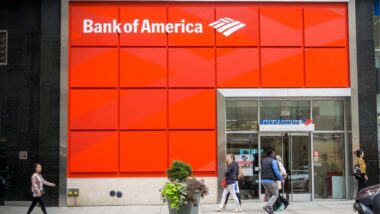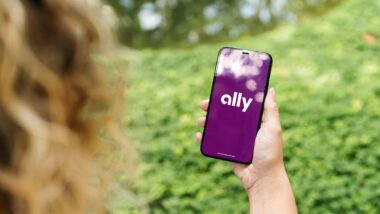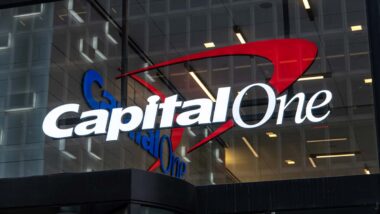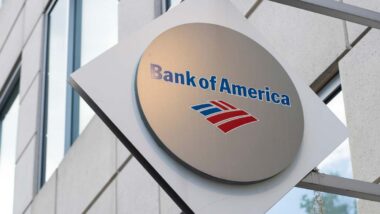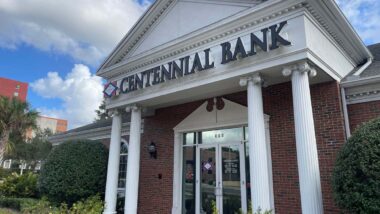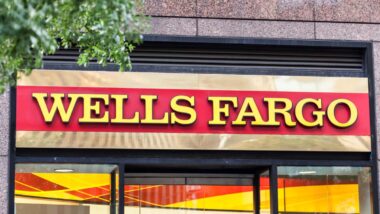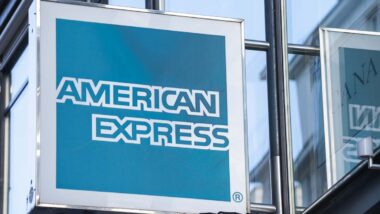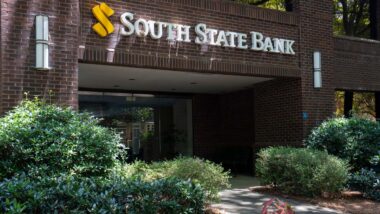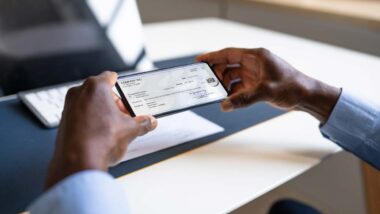Top Class Actions’s website and social media posts use affiliate links. If you make a purchase using such links, we may receive a commission, but it will not result in any additional charges to you. Please review our Affiliate Link Disclosure for more information.
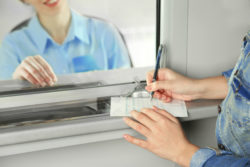
The OCC conducted an investigation into the banking practices at more than 40 of the largest banks in the United States, and discovered evidence that employees at several financial institutions had opened new fake bank accounts for existing customers without receiving consent to do so first.
OCC spokesperson Bryan Hubbard told American Banker that until the Wells Fargo scandal broke, not many banks thought sales practices presented much of a need for risk governance.
OCC Findings
The OCC report uncovered several examples of employees at other banks opening new fake bank accounts on behalf of current customers with no proof that the customers knew about the new accounts nor that they were interested in expanding their banking portfolios.
Hubbard said the OCC determined the main reasons for the creation of fake bank accounts included short term and high-pressure sales competitions with little or no oversight, inadequate procedures to open and close accounts, and intermittent occurrences of employee improper behavior.
While the OCC did not reveal the names of the banks investigated, private attorneys are looking into potential claims against particular banks. Currently under investigation for possible employee misconduct are TD Bank, Bank of America, Capital One, HSBC, Royal Bank of Canada and BOK, among others.
An unauthorized Bank of America savings account, Capital One credit card or Wells Fargo checking account could end up affecting a customer’s credit score before the customer even knows new fake bank accounts have been opened for them by bank employees.
Solutions to Rein in Fake Bank Accounts
Few people have seen the OCC’s report, and there are no plans to make the report public. Financial guru Dan Ryan is one of the few people who had a glimpse of the report.
Ryan, banking and capital markets leader for PwC US, received an overview of the OCC’s investigation. Ryan told American Banker that 252 “matters requiring attention” (MRA) notices were sent to banks where the OCC was reviewing sales practices. In addition, the OCC issued five industrywide MRAs, but the subject matter has not been released.
Ryan said that one of the new strategies some banks have started is time-based – the sales reward to the employee is withheld until the customer begins actually using the new account, whether it’s a new Capital One credit card or a new U.S. Bank checking account.
Even so, it’s nearly impossible to verify every bank account, savings account or credit card that every bank employee initiates.
In the Wells Fargo case, one customer noticed a charge of $30 to her bank account. When she asked about the fee, Wells Fargo informed her that she had switched to a checking account that required a $5,000 minimum balance or her account would incur these new fees. She insisted she never switched to such an account and that she never authorized any Wells Fargo employee to upgrade her account, either.
If a bank employee signs you up for a Capital One credit card or an unauthorized fake bank account at any bank, you could be eligible for compensation through legal means.
An unauthorized bank accounts lawsuit investigation is now looking into banking sales practices at the following banks:
- Bank of America
- BOK Financial
- Capital One
- HSBC
- Royal Bank of Canada
- TD Bank
If you are a customer at one of the banks listed above and you were charged for fees from a bank account you did not open, you were issued a credit card you did not request, or you were enrolled in services you did not authorize, you may qualify to join this fake bank account class action lawsuit investigation.
ATTORNEY ADVERTISING
Top Class Actions is a Proud Member of the American Bar Association
LEGAL INFORMATION IS NOT LEGAL ADVICE
Top Class Actions Legal Statement
©2008 – 2024 Top Class Actions® LLC
Various Trademarks held by their respective owners
This website is not intended for viewing or usage by European Union citizens.
Get Help – It’s Free
Join a Free Fake Bank Account Class Action Lawsuit Investigation
If your bank and credit union has engaged in deceptive overdraft fee practices, you may have a legal claim. Fill out the form on this page now to find out if you qualify!
An attorney will contact you if you qualify to discuss the details of your potential case.
PLEASE NOTE: If you want to participate in this investigation, it is imperative that you reply to the law firm if they call or email you. Failing to do so may result in you not getting signed up as a client or getting you dropped as a client.
In order to properly investigate fake bank account claims, you may be required to disclose bank statements to attorneys. Please note that any such information will be kept private and confidential.
Oops! We could not locate your form.

